Several top universities in Germany like Technical University of Munich, University of Tubingen, University of Stuttgard, Dresden Institute of Technology, etc., offer an MBA without prior work experience. Learn about the eligibility criteria, top universities, fee structure, etc.
Table of Contents
Are you looking to pursue an MBA in Germany without work experience? Most of the German universities require a prior work experience of at least 2-3 years for admission into their MBA programs. However, there are some business schools that also consider candidates without work experience, provided they fulfill other eligibility requirements and score well in the standardized/entrance tests.
Germany attracts a lot of international students every year. Top-notch universities, excellent industrial interface, and world-class facilities are some of the factors that make Germany a popular study destination. The tuition fees in Germany are also significantly lower than those in other countries.
Read through this article to understand how to pursue an MBA in Germany without work experience. Learn about the top MBA universities in Germany that do not require work experience, eligibility criteria, tuition fees structure, etc.
Top MBA Colleges in Germany Without Work Experience
Some of the best universities in Germany admit students to their MBA programs without work experience. Listed below are the top universities to study MBA in Germany without work experience:
- Technical University of Munich
- Ludwig Maximilian University Munich
- University of Kiel
- University of Tubingen
- University of Ulm
- University of Stuttgart
- Dresden University of Technology
Technical University of Munich
Technical University of Munich (TUM) is one of the top universities to pursue an MBA in Germany without work experience. The university helps students to have a sound knowledge of the modern techniques of management, along with the ability to experience real business situations and think out of the box. Three different types of MBA programs are offered by TUM. With the help of these programs, you will be able to gain deep industry knowledge and acquire leadership and networking skills. Students can select one of these MBA programs at TUM according to their preferences and career goals.
Read More: Technical University of Munich
Ludwig Maximilian University Munich
Ludwig Maximilian University Munich (LMU) accepts students that do not have professional work experience for admission into their MBA program. The university has been ranked #32 in the world as per the rankings of Times Higher Education 2021. It has also been ranked #63 in the QS world university rankings 2021. Students need to have a minimum GMAT score of 600, an IELTS score of at least 7.5, or a minimum TOEFL score of 100 for admission into this program. The duration of the MBA program at LMU is 2 years and is best suitable for students who are passionate about research-oriented and project-driven studies.
Read More: Ludwig Maximilian University Munich
University of Kiel
The MBA program at the University of Kiel focuses on practical aspects of management, analysis of business data, and critical thinking. Work experience is not mandatory for students to enroll in this program. Additionally, the program follows a unique approach by combining the curriculum of traditional MBA with soft skills. We know that management covers both professional and human aspects of management, and the university emphasizes the same through its MBA program. As per the rankings of the US News & World Report, the University of Kiel ranks #20 among the best global universities in Germany.
Read More: University of Kiel
University of Tubingen
The University of Tubingen is one of the prestigious universities in Germany. It has been ranked #78 in the world university rankings 2022 by Times Higher Education. According to the QS world university rankings 2022, it ranks #177. The School of Business and Economics at the University of Tubingen prepares students for a successful career in one of the world’s fastest-growing economies. By exposing students to the challenges of business, it helps them to become future business leaders. The curriculum of the program is designed in a way that combines academic and cultural aspects of learning.
Read More: University of Tubingen
University of Ulm
The University of Ulm’s MBA program is accredited by AACSB-International. The duration of the program is two years and offers a flexible program schedule. Students can choose to attend afternoon or evening classes according to their work schedules. A number of elective classes are provided online as well. For admission into this program, students must have a cumulative UG GPA of 3.0 on a 4.0 scale from a regionally accredited institution. Students are taught by highly qualified and experienced industry professionals at the University of Ulm.
Read More: University of Ulm
University of Stuttgart
University Stuttgart has established itself as one of the most technically driven public universities in Germany. It has been ranked #32 in Germany and #431 in the world as per CWUR Rankings 2021. The Master of Business Administration study program at the University of Stuttgart provides an in-depth and research-based education. Students acquire a deeper understanding of business administration, enabling them to develop their own solutions to challenging, complex administrative or academic issues.
Read More: University of Stuttgart
Dresden University of Technology
Dresden University of Technology, also known as Technical University Dresden, is another option for students who wish to pursue MBA in Germany without work experience.The MBA program at the Dresden University of Technology gives you a research-based management education. It is available in multiple specializations including, accounting & finance, management & marketing, learning & human resources management, operations & logistics management, and many more. Students must have an undergraduate degree in business & economics in order to apply to this university. The full-time program consists of 4 semesters and is available for winter and summer terms.
Read More: Dresden University of Technology
Why Study MBA in Germany?
Let us first understand why you should choose Germany to study an MBA program. Apart from the benefit that some German universities accept candidates without prior work experience, there are several other reasons that international students can consider pursuing an MBA in Germany. Some of these reasons have been given as follows:
- There are five German business schools featured in the QS Global MBA Ranking (2021). The four of them are among the world's top 100 business schools.
- The Association of German Chambers of Commerce and Industry estimates that 1.5 million skilled foreign workers are needed.
- The MBA employment rate increased by 10% in Germany in 2017. In 2018, an additional 7% increase was observed.
- MBA degrees in Germany cost much less than those from other popular study destinations. This is due to the low or no tuition fees charged by German higher education institutes.
Eligibility Criteria for MBA in Germany
To apply for an MBA in Germany without work experience, international students must meet some of the eligibility requirements. The eligibility criteria for admission into the MBA program might vary for different German universities, but there are a few common requirements that every university follows. The following is a list of general requirements for obtaining an MBA degree in Germany:
- An undergraduate degree equivalent to a bachelor degree in Germany (in a relevant discipline)
- A good score in tests like GMAT/GRE/IELTS/TOEFL
- German universities expect candidates to have a basic understanding of the German language. While most universities' programs are offered in English, some proficiency in the German language is required to apply to different universities in the country.
- Some German institutes also conduct entrance exams to assess whether a candidate is eligible to enroll in an MBA program.
Cost of Studying MBA in Germany
The cost of studying for an MBA program in Germany comprises three categories. Apart from the tuition fee, there are various other expenses that students must consider while studying in Germany. We will understand each of them separately in this section. These three costs are given as follows:
Pre-Arrival Costs
Expenses associated with pre-arrival include registration fees for tests required to study in Germany, flight tickets, application forms, etc., even starting with the program. These costs are listed below:
| Type of Expense | Cost (USD) |
|---|---|
| Program Application Fees | 145 |
| German Student Visa Application Fees | 84 (75 Euro) |
| Health Insurance Fees | 90-180 |
| IELTS Fees | 185-190 |
| TOEFL Fees | 160-250 |
| GMAT Fees | 250 |
| GRE Fees | 205-230 |
| Airfare Fees | 450-1400 |
Tuition Fees
The tuition fees for MBA in Germany differ for public and private universities. Indian students can also apply for a number of scholarships in Germany to reduce their financial burden. The table given below shows the tuition fees for top universities for MBA in Germany:
| University/Business School | Tuition Fees for 1st year (INR) |
|---|---|
| University of Mannheim | 3.4 Lakhs |
| Leipzig University | 50.3 Thousand |
| Technical University of Munich | 25.7 Lakhs |
| Frankfurt School of Finance & Management | 35.2 Lakhs |
| Offenburg University of Applied Sciences | 6.9 Lakhs |
| EBS University of Business and Law | 13.1 Lakhs |
| Reutlingen University | 8 Lakhs |
Cost of Living
The cost of on-campus and off-campus housing in Germany ranges from 392 to 1100 USD per month. The cost of food is between 160 and 470 USD per month. While living & traveling in Germany, it is possible to expect a monthly expenditure of around 840-1200 USD, including student health insurance, travel, housing, and food & social activities. The table given below gives an estimate of living expenses in Germany on a monthly basis:
| Type of Expense | Cost (USD) |
|---|---|
| Accomodation | 392-1100 |
| Food and Beverages | 160-470 |
| Clothing | 45 |
| Study Materials | 23 |
| Travel | 110 |
| Health Insurance | 90 |
| Phone, TV, and Internet | 35 |
| Social Activities | 68 |
| Total | 840-1200 |















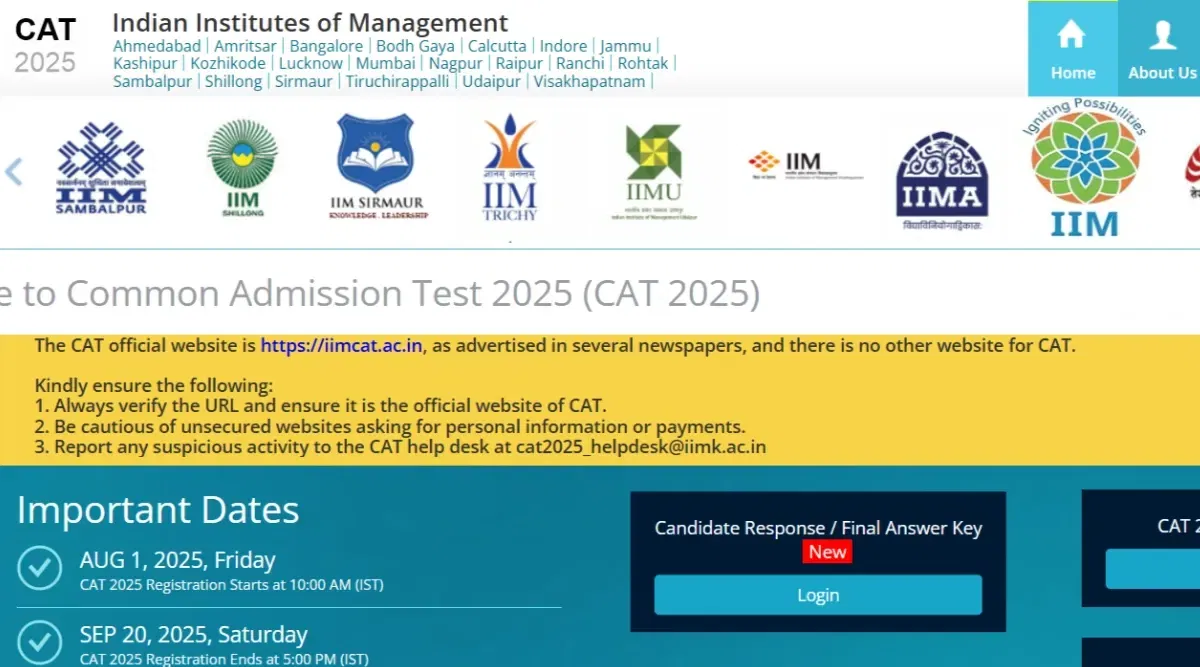
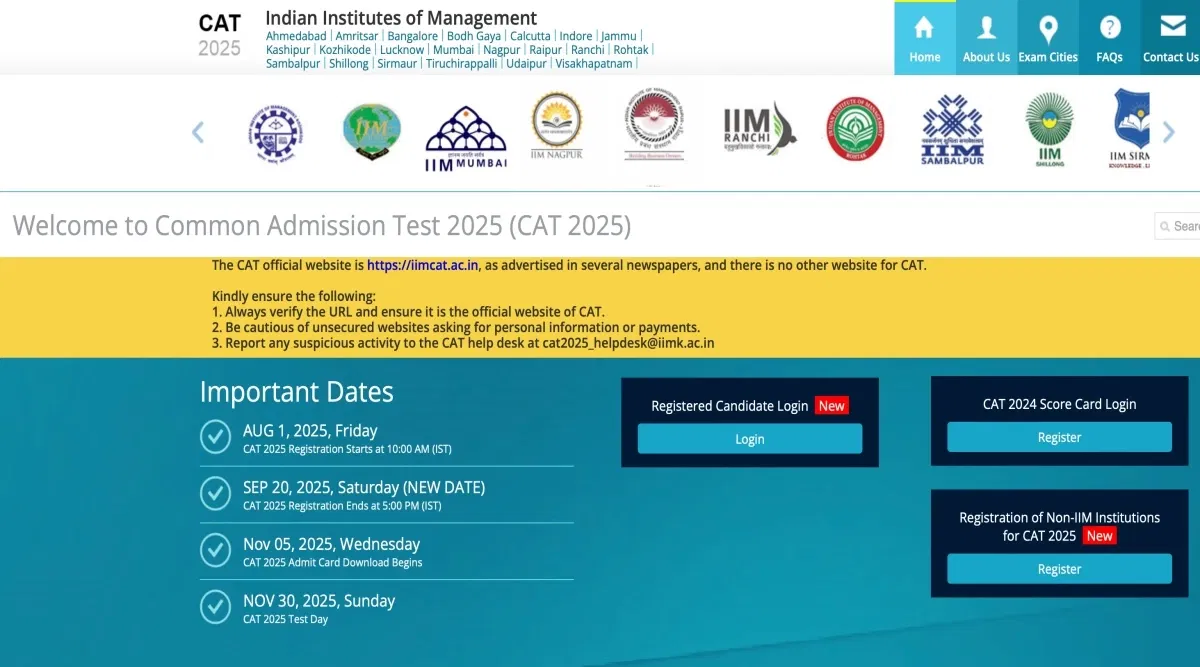
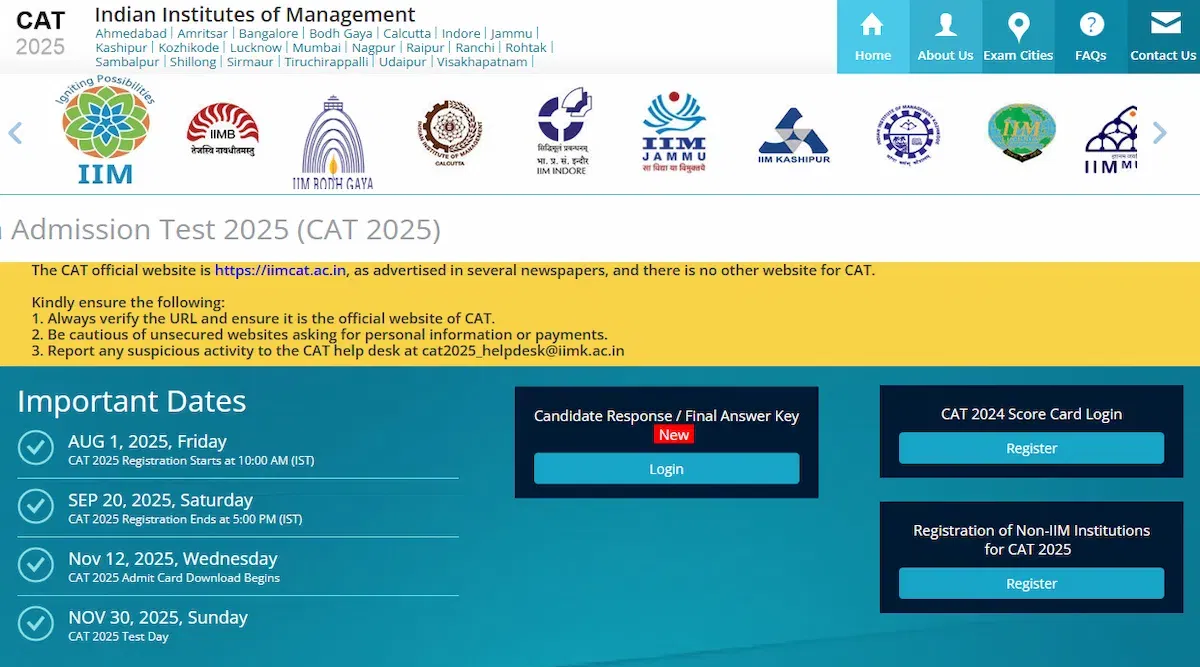
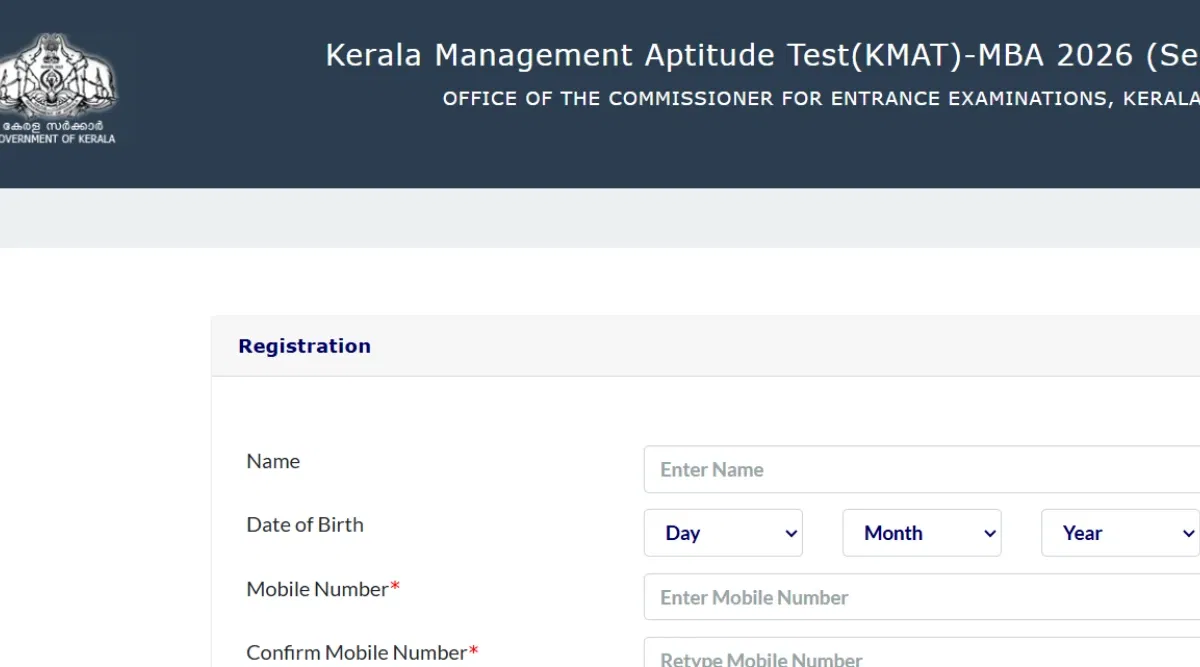
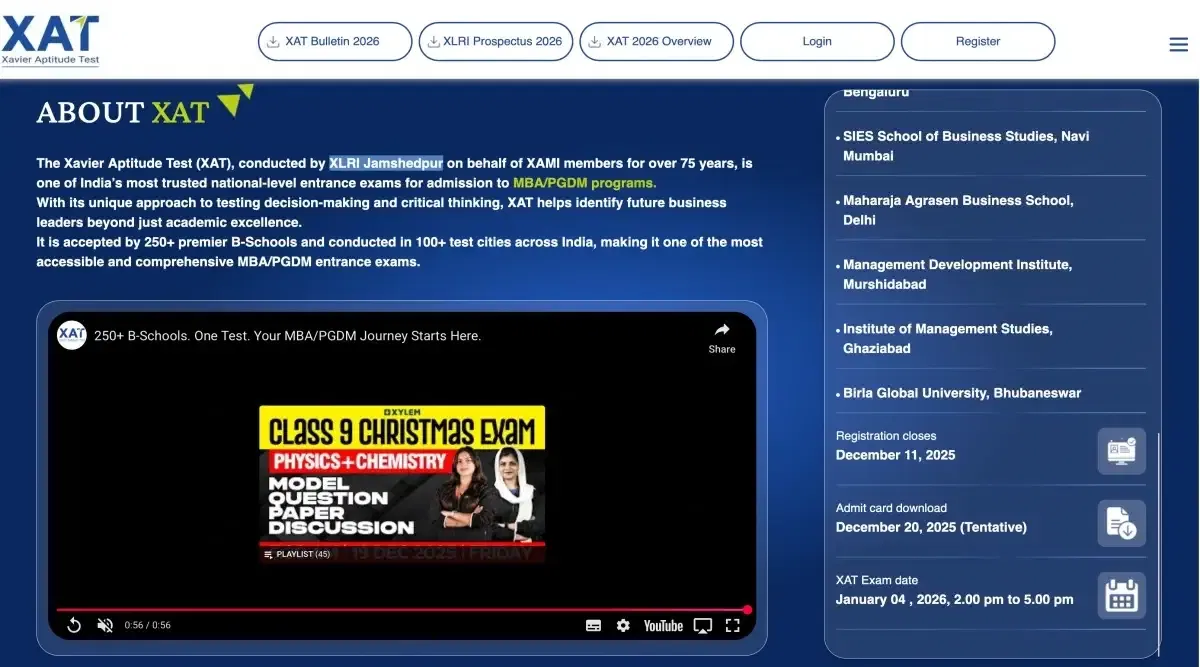
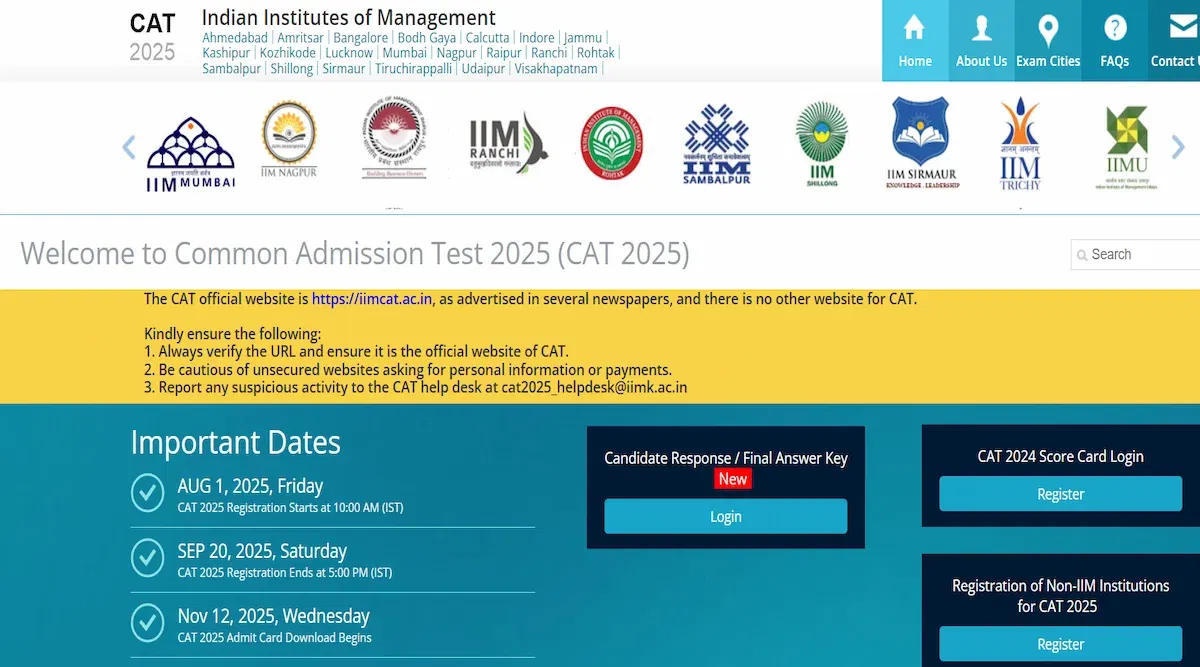


POST YOUR COMMENT